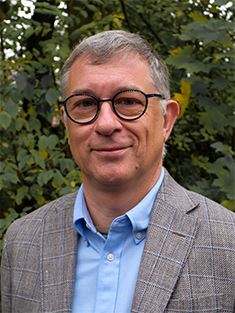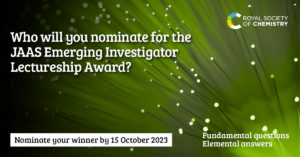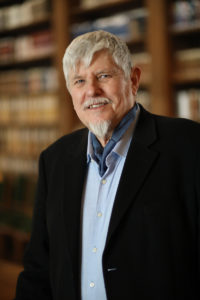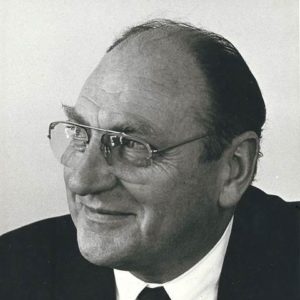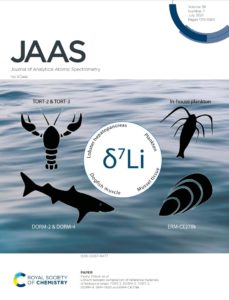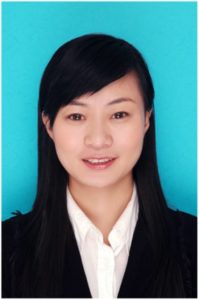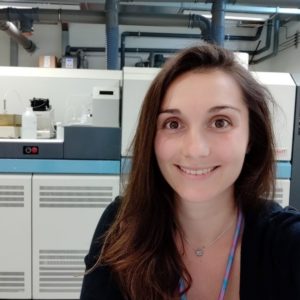We are delighted to announce we are welcoming nominations for the next JAAS Emerging Investigator Lectureship. The lectureship is awarded to recognise and support an emerging scientist working in the area of atomic spectrometry in the early stages of their independent career. Submission deadline 14th June 2024.
Lectureship details
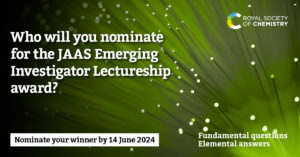 The recipient of the lectureship will present their research at a relevant high-profile international meeting (to be agreed with the Editorial Office) and receive a contribution of
The recipient of the lectureship will present their research at a relevant high-profile international meeting (to be agreed with the Editorial Office) and receive a contribution of
£2000 to cover associated travel and accommodation costs. They will be awarded a certificate and asked to contribute a Primary Research or Review Article to JAAS.
Eligibility
To be eligible for the JAAS Lectureship, the candidate must:
- Have completed their PhD
- Have published in JAAS
- Be working in a research area within the scope of JAAS
- Be at an early stage of their independent career (typically this will be within 10 years of completing their PhD, but appropriate consideration will be given to those who have taken a career break or followed a different study path). Please contact the Editorial Office if you have any queries
Nominations
Nominations can be made by anyone and must be sent via email. Self-nominations are not permitted. All nominators will be asked to confirm that, to the best of their knowledge, their nominee’s professional standing is such that there is no confirmed or potential impediment to them receiving the Lectureship.
To nominate a candidate, please provide:
- A recommendation letter, including the name, contact details and website URL of the nominee
- A one-page CV for the nominee, including their date of birth, summary of education and career, a list of up to five of their top independent publications, total numbers of publications
- A one-page statement of achievement with a lay summary, written by the nominee describing their best accomplishments
- A supporting letter of recommendation from an independent referee. This could be for example the nominee’s post doc or PhD supervisor.
Selection
The Editorial Office will screen each nomination for eligibility and draw up a shortlist of candidates based on the nomination documents provided. The lectureship winner will be selected by the JAAS Editorial Board based on the originality, quality, impact and significance of the candidate’s research, as highlighted in their nomination.
Submit a nomination
To make a nomination please send the Editorial Office the requested documents by 14th June 2024.
For any queries, please contact the Editorial Office at jaas-rsc@rsc.org.











